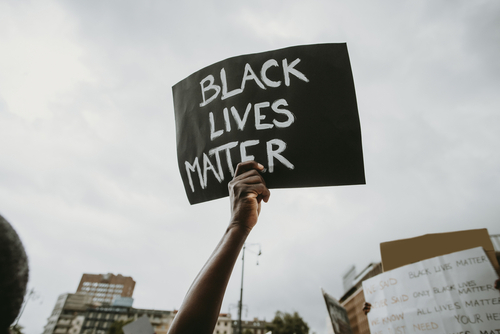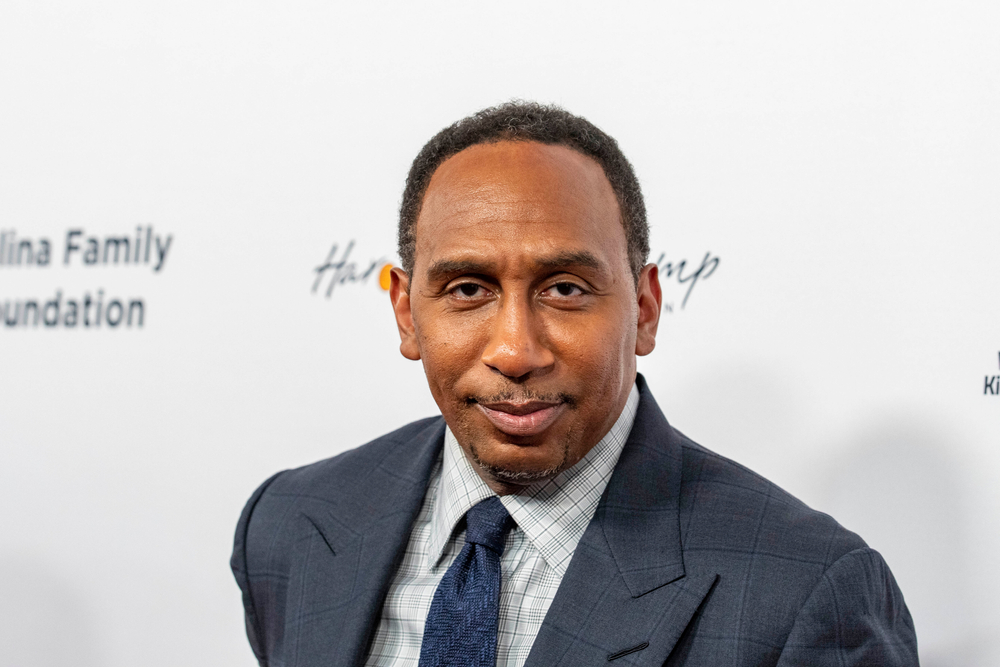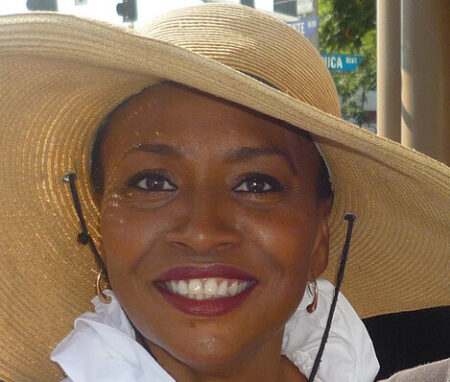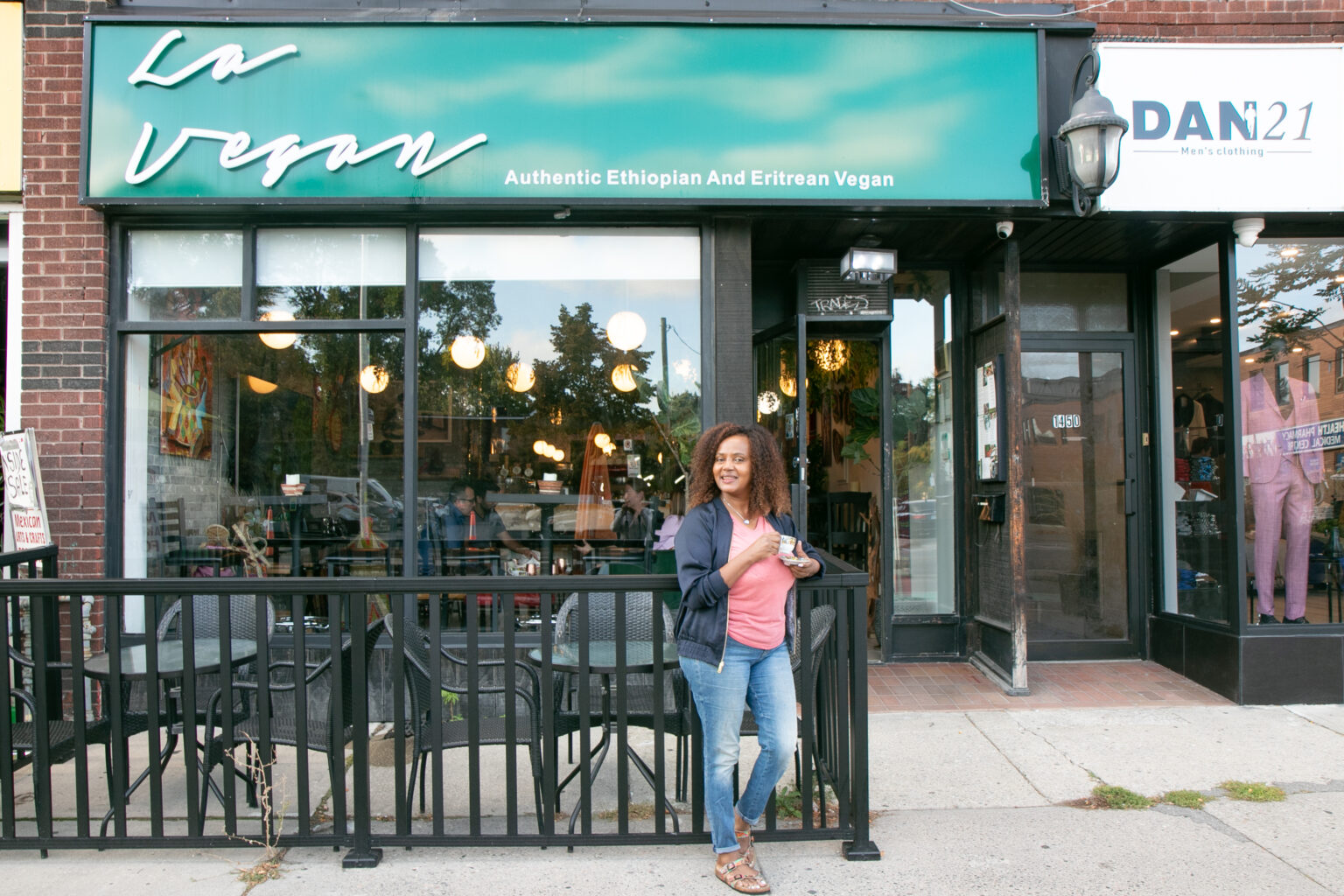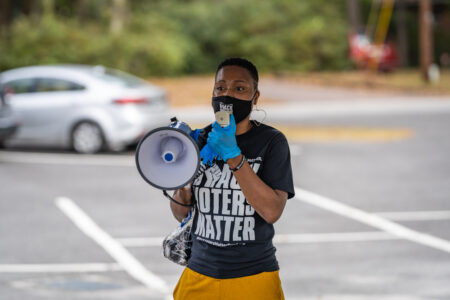The other guy on that raft is finally seen. If you’re familiar with Percival Everett’s novel Erasure, the basis for the Cord Jefferson film American Fiction, then you’ll be ready for James, his raw, new spin on the Mark Twain…
LATEST NEWS
The Arkansas chapter of the NAACP recently announced that they will be…
Just over 56 years ago, on April 4, 1968, I was 13…
An all-Black woman-led running team recently filed a discrimination lawsuit against the…
Wrestling is a great sport, but it seems to grapple itself into…
Sports
Last year, Tennessee State made history when it announced it was launching the first…
Hurts continues to show love to Philly. Jalen Hurts is a star on…
As the number of Bitcoin teller machines increases around the U.S., a…
Musician Bryson Tiller recently announced that he’ll be putting his music career…
The creators of The Sims video game recently announced a collaboration with…
As Women’s History Month continues to unfold, institutions around the world are…
Actress Jenifer Lewis joins Lurie Daniel Favors to discuss the steps you have to take in order to better your life. About Jenifer Lewis…
Travel
In this video, the Passport Heavy crew embarks on a three-week adventure across Colombia! From the vibrant streets of Medellín to the serene beaches…
Food
A handful of cities in the world offer expansive international food experiences at every turn. Dining out in Toronto will definitely make you biased as a traveler, as it boasts cuisines that cover the globe from…








